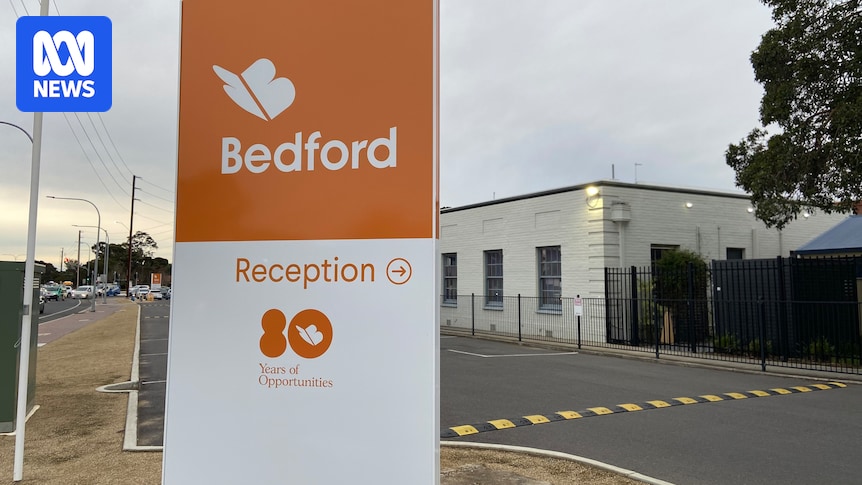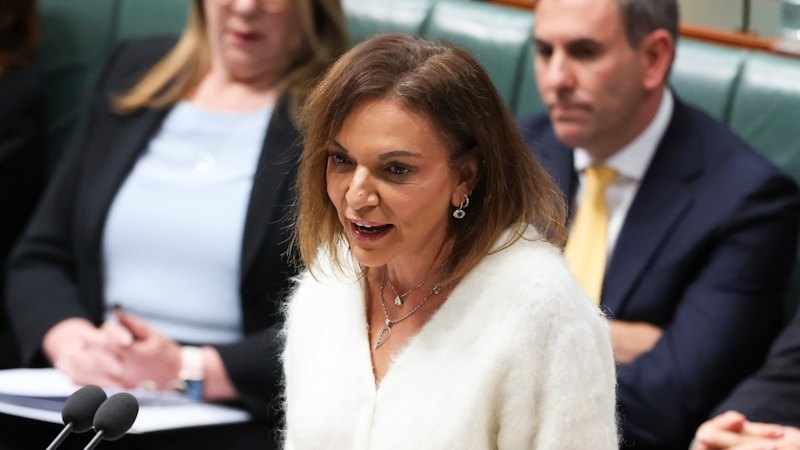
Disability employment provider Bedford is urgently seeking federal government assistance to avert entering voluntary administration. The organization, which is the second-largest employer of people with disabilities in Australia, announced it would enter administration on Sunday, July 27, following unsuccessful negotiations with state and federal governments, as well as banking and commercial partners.
Minister for Health, Ageing and Disability, Mark Butler, has expressed skepticism about the prospect of taxpayer money being used to support what he described as a “failing organization.” In a statement, Butler emphasized the government’s reluctance to intervene financially in such situations, stating, “It’s not usual for the Federal Government to give money to an organization that is failing financially before it goes into administration.”
Challenges with the NDIS Model
Janet Miller, chair of Bedford, attributed part of the organization’s financial difficulties to the National Disability Insurance Scheme (NDIS), describing the model as unsustainable. Speaking on ABC Radio Adelaide, she expressed hope that Bedford could avoid administration, while acknowledging the uncertainty of the situation. “We’re hoping that we don’t go into voluntary administration, but if we do, what happens on Monday is out of our control,” she said.
“The model has evolved. It’s very difficult to make the NDIS model work, it’s not sustainable.” — Janet Miller, Chair of Bedford
Despite these challenges, Miller maintained that Bedford’s strategy remains sound and highlighted the organization’s strong balance sheet. She noted that while the state government has already offered financial support, the federal government’s commitment is still pending.
Government’s Position and Historical Context
The federal government has already provided significant funding to Bedford, with a spokesperson confirming tens of millions of dollars in support over the past 15 months. However, Minister Butler reiterated that further financial aid would be unlikely without a clear plan for sustainability. “Taxpayer funds are not generally put into a failing organization,” he stated, underscoring the need for an administrator to manage the situation.
Bedford, established in April 1945, is celebrating its 80th anniversary this year. The organization operates 22 sites across Adelaide and regional South Australia, providing employment opportunities for people with disabilities. This historical significance adds a layer of complexity to the current crisis, as Bedford is considered a South Australian icon.
Impact on Employees and Community
The potential closure of Bedford has left employees anxious about their future. Kym, an employee of 11 years, shared his concerns on ABC Radio Adelaide, stating, “We were told that they’re going to have a meeting with the president on Sunday and everyone would be notified what would happen.” He expressed sadness over the situation but remained supportive of his colleagues.
“If this was to close down, I don’t know what to do … we will see how we go but I don’t know what to do.” — Ashlee Clinch, Bedford Employee since 2010
Minister Butler acknowledged the emotional toll on employees, emphasizing the unique nature of Bedford’s role in the community. “I desperately want a future for Bedford,” he said, highlighting the organization’s importance in supporting the lifestyles of hundreds of individuals.
State Government’s Conditional Support
South Australian Premier Peter Malinauskas expressed his concern for Bedford’s workers, confirming that the state government’s financial support offer remains on the table. However, he indicated that this support would come with conditions, the specifics of which were not disclosed. “The question is the money that we do put on the table, does that best address those workers’ future through the administration process or staving off administration and seeing a rebound plan initiated under Bedford’s current economic arrangements,” he said.
The situation continues to unfold as Bedford and government officials work to find a viable path forward. The outcome of these discussions will have significant implications for the organization’s employees and the broader community it serves.






